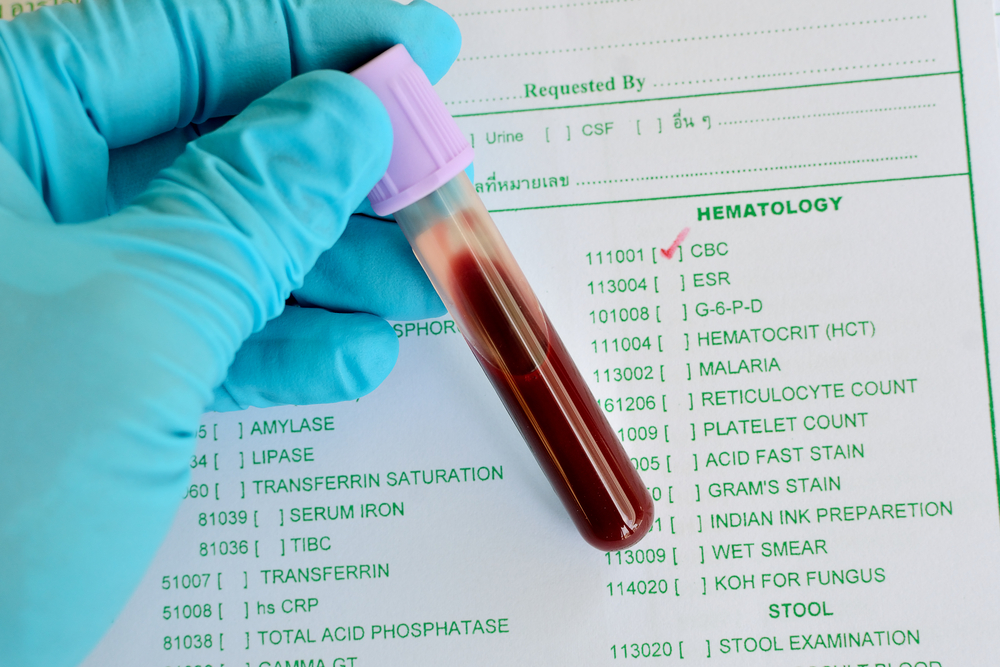Blood Lipid Levels Linked to High Blood Pressure in Cushing’s Disease Patients, Study Finds
Written by |

High lipid levels in the blood may lead to elevated blood pressure in patients with Cushing’s disease, a Chinese study shows.
The study, “Evaluation of Lipid Profile and Its Relationship with Blood Pressure in Patients with Cushing’s Disease,” appeared in the journal Endocrine Connections.
Patients with Cushing’s disease often have chronic hypertension, or high blood pressure, a condition that puts them at risk for cardiovascular disease. While the mechanisms of Cushing’s-related high blood pressure are not fully understood, researchers believe that high levels of cortisol lead to chronic hypertension through increased cardiac output, vascular resistance, and reactivity to blood vessel constrictors.
In children and adults with Cushing’s syndrome, the relationship between increased cortisol levels and higher blood pressure has also been reported. Patients with Cushing’s syndrome may remain hypertensive even after surgery to lower their cortisol levels, suggesting their hypertension is caused by changes in blood vessels.
Studies have shown that Cushing’s patients have certain changes, such as increased wall thickness, in small arteries. The renin-angiotensin system, which can be activated by glucocorticoids like cortisol, is a possible factor contributing to vascular changes by increasing the uptake of LDL-cholesterol (LDL-C) — the “bad” cholesterol — in vascular cells.
Prior research showed that lowering cholesterol levels could benefit patients with hypertension and normal lipid levels by decreasing the stiffness of large arteries. However, the link between blood lipids and hypertension in Cushing’s disease patients is largely unexplored.
The study included 84 patients (70 women) referred to a hospital in China for evaluation and diagnosis of Cushing’s disease. For each patient, researchers measured body mass index, blood pressure, lipid profile, and several other biomarkers of disease.
Patients with high LDL-cholesterol had higher body mass index, blood pressure, cholesterol, triglycerides, and apolipoproteinB (apoB), a potential indicator of atherosclerosis and cardiovascular disease.
Data further revealed an association between blood pressure and lipid profile, including cholesterol, triglycerides, apoB and LDL-c. “The results strongly suggested that CHO (cholesterol), LDL-c and apoB might predict hypertension more precisely in [Cushing’s disease],” the scientists wrote.
They further add that high cholesterol, LDL-cholesterol, and apoB might be contributing to high blood pressure by increasing vessel stiffness.
Additional analysis showed that patients with higher levels of “bad” cholesterol — 3.37 mmol/L or higher — had higher blood pressure. This finding remained true, even when patients were receiving statins to lower their cholesterol levels.
No association was found between blood pressure and plasma cortisol, UFC, adrenocorticotropic hormone, or glucose levels in Cushing’s disease patients.
These findings raise some questions on whether lipid-lowering treatment for high blood pressure and cardiovascular disease would be beneficial for Cushing’s disease patients. Further studies addressing this question are warranted.





